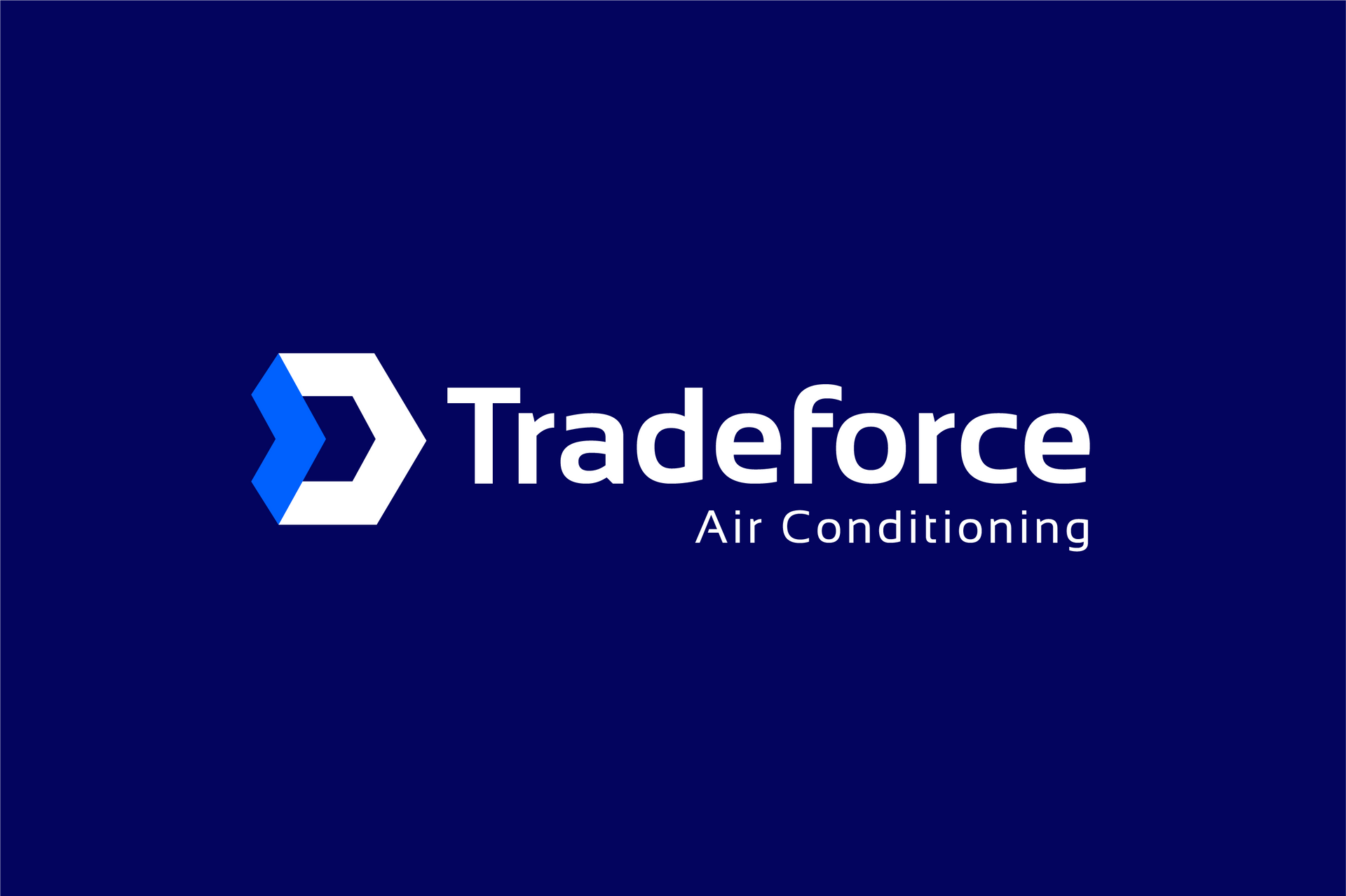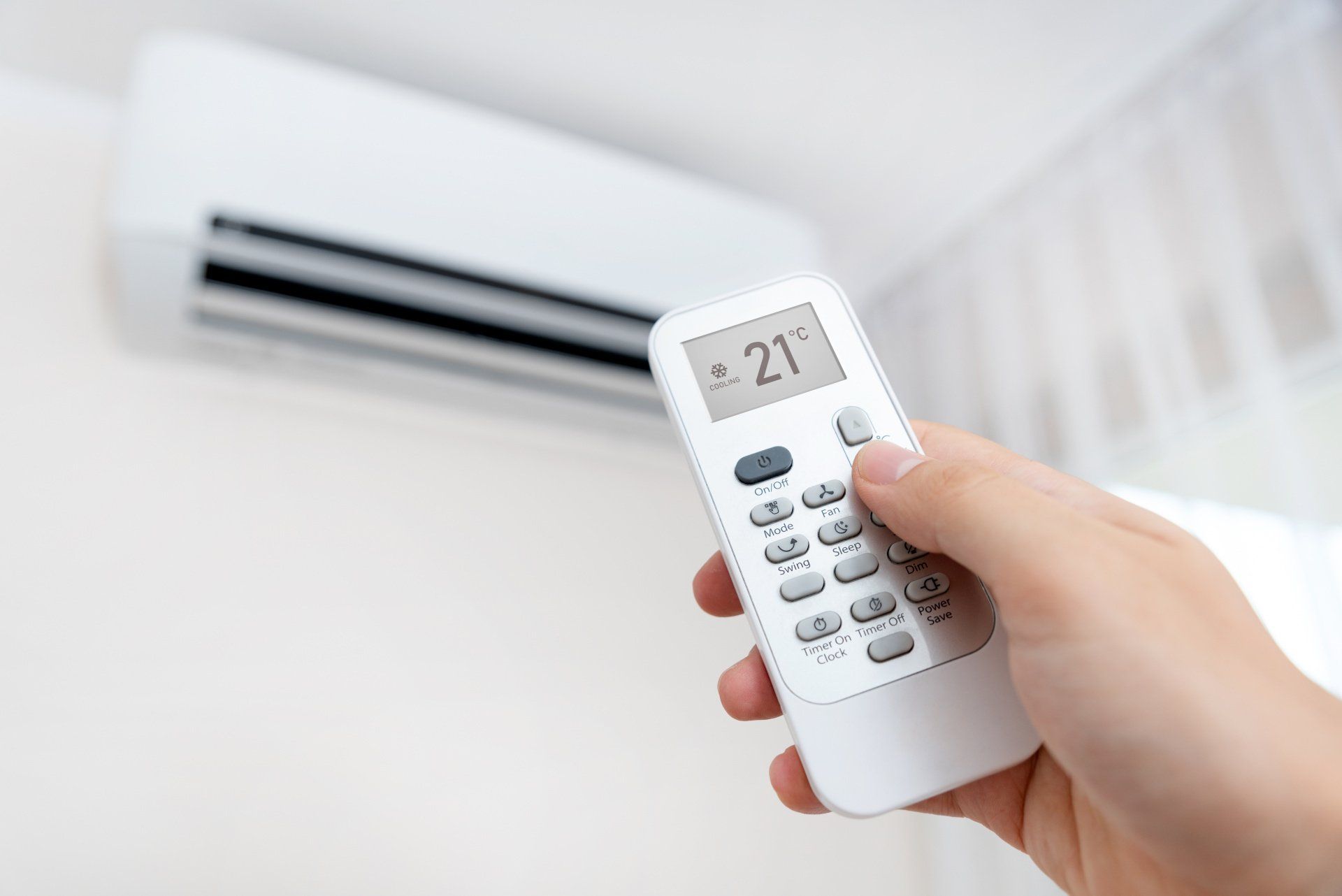Helpful Blog Posts





We are migrating our telecom supplier W/C Monday 28th April 2025 and may experience some downtime. If you experience any issues contacting the office, please try our temporary number 0208 129 3480 or email us directly service@tfairconditioning.com
Call our friendly team now on 0207 561 8865 or email us directly quotes@tfairconditioning.com





Winner of Best Air Conditioning
Company 2020, 2021, 2022, 2023 & 2024
Here at Tradeforce Air Conditioning we offer free initial consultation and quotations for commercial and domestic installations. Give us a call today.





Need a quote quickly? No problem.
The word customer service is greatly overused these days but making sure that our clients get exactly what they need with consistent support is at the heart of our beliefs as a business.

Simply fill in your details and we will get back to you same day to provide a bespoke and free quotation.
Thanks for the quick quote information!
Our team will put together some information and get back to you with your quick quote.
We might have some further questions, and we will call you if needed.
Do you need it urgently? You can contact us anytime on 0207 561 8865 or email us directly quotes@tfairconditioning.com

Rated Excellent

Rated Excellent

Rated Excellent
Really helpful, professional
Really helpful, professional and friendly. Everyone we dealt with was easy to work with, communicated regularly and clearly and it was evident that they took pride in the job. The price was very competitive and we cannot recommend them more highly. Top marks
Highly Recommended
Simon and his team have just completed an installation of air conditioning at our school. The price was very good, they were professional and did sections of the works out of hours to allow us to continue to teach. A first class service from start to finish. They come highly recommended.

Rated Excellent
Would definitely recommend
Tradeforce installed an Ac unit for our out house and I couldn't be more happy. The installation was done to a very high quality and the engineers were very professional easy to speak to and kept everything clean and tidy.
Competitive, tidy workers
Breathe of fresh air to deal with such a professional company. Competitive price, tidy workers and a great finish. Definitely recommend this company. Literally, cannot fault them at any stage from quote to completion.
Really helpful, professional
"Really helpful, professional and friendly. Everyone we dealt with was easy to work with, communicated regularly and clearly and it was evident that they took pride in the job. The price was very competitive and we cannot recommend them more highly. Top marks"
Highly Recommended
Simon and his team have just completed an installation of air conditioning at our school. The price was very good, they were professional and did sections of the works out of hours to allow us to continue to teach. A first class service from start to finish. They come highly recommended.
Would definitely recommend
Tradeforce installed an Ac unit for our out house and I couldn't be more happy. The installation was done to a very high quality and the engineers were very professional easy to speak to and kept everything clean and tidy.
Competitive, tidy workers
Breathe of fresh air to deal with such a professional company. Competitive price, tidy workers and a great finish. Definitely recommend this company. Literally, cannot fault them at any stage from quote to completion.
Keep up the good work!
I originally met Simon when he came to look at my property and then subsequently dealt with Paul and Natalie in the office. Finally the fitters Tony and Alfie. I can’t speak highly enough of all the staff, everything they said they would do, they did.
The guys were tidy, polite, efficient
Great team of fitters worked collaboratively, diligently and creatively to resolve all issues and install a great Aircon system in our house.
The guys were tidy, polite, efficient and incredibly hard working. Shout out to Noman, Salem, Navid,
Elyes & Ali.
Really helpful
Really helpful, professional and friendly. Everyone we dealt with was easy to work with, communicated regularly and clearly and it was evident that they took pride in the job. The price was very competitive and we cannot recommend them more highly. Top marks
Very professional service
This company advised and installed the air cons in my cafe called Snug few years ago. Based on the fantastic experience then I use them to do maintenance of my air con units every year. Very professional service! Always on time, paying attention to detail and the person doing the maintenance has always extensive knowledge.




Unit 1.32
Busworks
39-41 North Road
London
N7 9DP
Navigation
For Homes
For Businesses

Unit 1.32
Busworks
39-41 North Road
London
N7 9DP
Navigation
For Homes
For Businesses
Our Brands
Reviews
Stay Connected
Join our newsletter and find out more

Our Brands
Reviews
Stay Connected
Join our newsletter and find out more




All Rights Reserved | Tradeforce Air Conditioning Limited | Various trademarks held by their respective owners